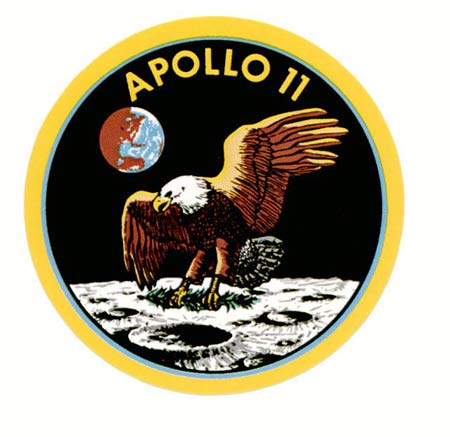Saw a snippet of an interview last night in which Secretary Clinton was saying that: When America (and also Europe, presumably) built all those coal plants and other fossil-fuel-based infrastructure, we just didn’t know what a bad thing pollution was. With the pretty obvious implied mesage to India being: YOU, on the other hand, have no excuse.
Set aside for the moment the second part of the above and focus on the first part. Suppose that, beginning around 1800, we had known everything that we know now (and think we know) about pollution, the possible effects of CO2, etc. What does she think we should have done?
As factories began to emerge, should we have restricted them to those locations in which they could have been powered directly by waterwheels, in order to avoid the use of coal-burning steam engines?
Should we have similarly restricted the use of electricity to areas in which waterpower was feasible? (Bear in mind that during the great age of electrification there were no photovoltaic cells available for solar power generation…also, of course, may environmentalists are almost as opposed to large-scale hydro projects as they are to coal plants.)
Should we have continued to rely on the horse and the mule for transportation? (Remember, without a robust electrical grid, electric cars are not an option…indeed, without fossil-fuel-based power, even electric streetcars would have been out of the question in most places.)
For an individual with Hillary’s wealth and connections, of course, things wouldn’t have been too bad under this scenario. Even if clothing cost 5X what it does today, for instance, she would surely have been able to afford everything she needs. And I imagine that even if fossil-fuel-generated electricity had been banned for the masses, people like Clinton and Gore would have been able to get special permits for coal-fired generators for their homes. (At least if people like them were running the government.
But a large and affluent middle class–on which the Democrats say they place such value–would never have come into existence.
